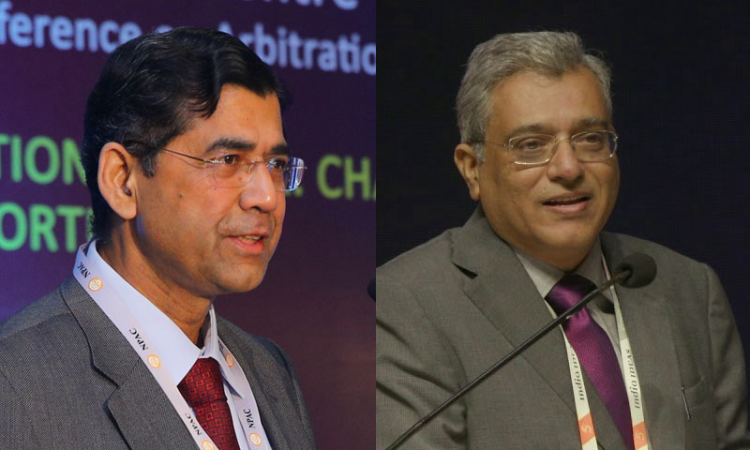In the ongoing sessions of Webinar Series organised by Daksha Fellowship, Senior Advocates Arvind P. Datar & P.S. Narsimha spoke at a webinar on "Public Law Lawyering".The Webinar panel was moderated by Mr. Mahesh Menon, faculty at the Daksha Fellowship.The webinar began with a discussion on the presumption of constitutionality on statutes. Mr. Datar first addressed the issue of the...

